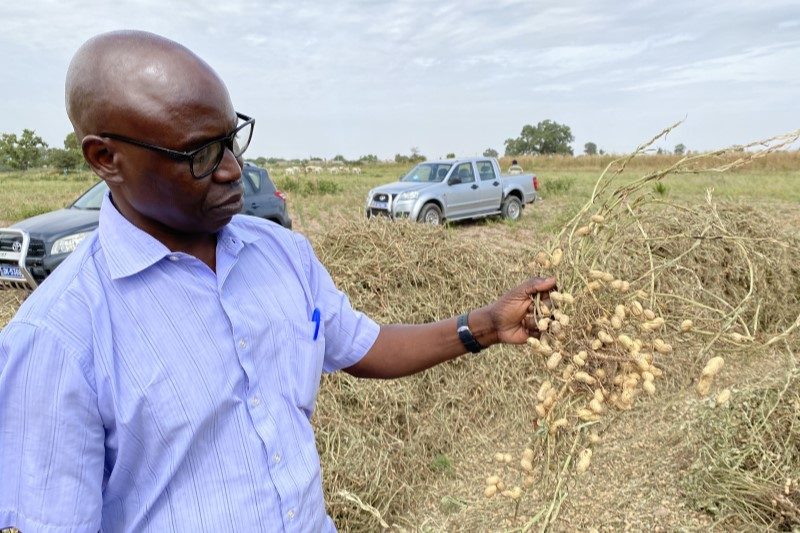
The groundnut, or peanut, has been a culturally significant crop for hundreds of years. Raw or roasted, shelled or unshelled, peanuts are used for consumption among the world’s population. Groundnuts are widely grown throughout the tropics and subtropics, being important to both small and large commercial producers. In Senegal, groundnuts play a significant role as one of the main agricultural food sources and cash crops. The Feed the Future Innovation Lab for Food Safety (FSIL) recently funded a research collaboration between Purdue University and the Institut Sénégalais de Recherches Agricoles (ISRA). The project aims to identify the extent of microbial and fungal contaminants in groundnuts that are produced and consumed by Senegalese households. These contaminants, namely aflatoxins and bacterial pathogens, are associated with health issues ranging from food poisoning to liver cancer. Because groundnuts are a main food source, understanding the extent of contamination as well as cost-effective interventions to control these hazards is critical to the Senegalese population. The research conducted through this collaboration will help to improve the safety and quality of groundnuts produced by farmers in Senegal.
Continue reading on agrilinks.org

